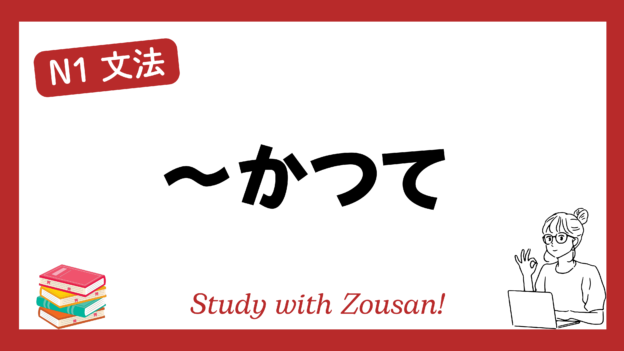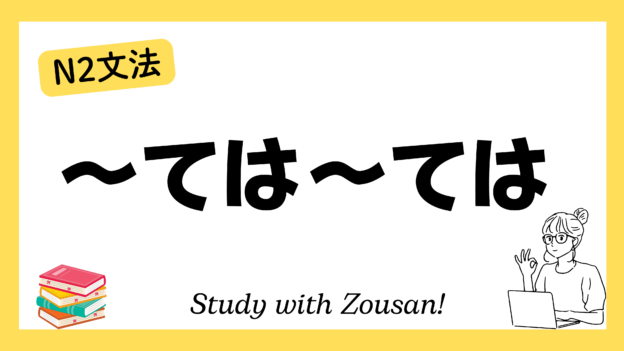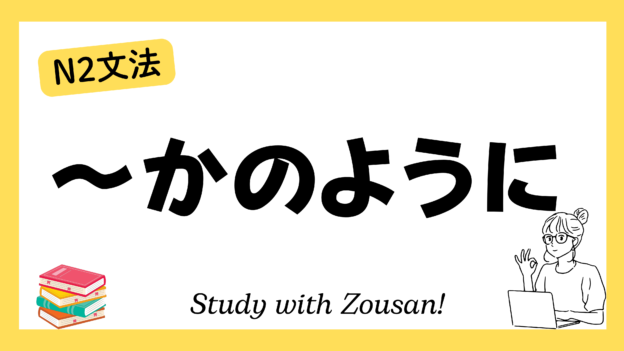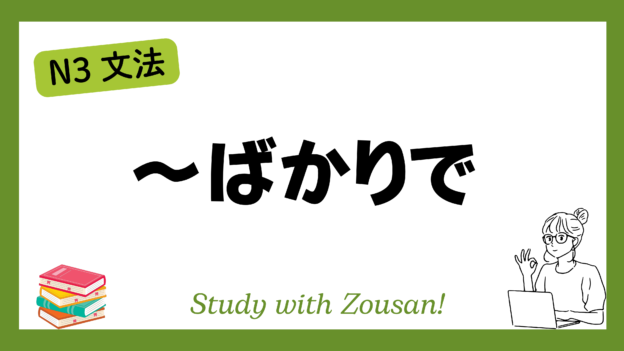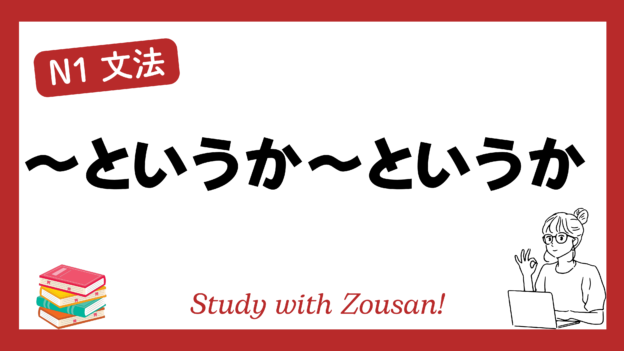N1文法:~かつて
Meaning: “Once…”, “Formerly…”, “In the past…”
This structure is used to express that something happened or existed in the past but is no longer the case in the present. It often conveys a sense of reflection on events or states that occurred previously.
※Note: “かつて” is often used in formal or written contexts to describe something that once happened or existed in the past.
Structure:
| かつて + | sentence |
Example:
-
-
-
🌟 彼はかつて有名な歌手だった。
(かれ は かつて ゆうめい な かしゅ だった。)
He was once a famous singer. -
🌟 かつてこの場所には大きな城があった。
(かつて この ばしょ には おおきな しろ が あった。)
There was once a large castle at this place. -
🌟 かつての友人が突然訪ねてきた。
(かつて の ゆうじん が とつぜん たずねて きた。)
A former friend suddenly came to visit. -
🌟 この町はかつて栄えていたが、今は寂れている。
(この まち は かつて さかえていた が、いま は さびれている。)
This town was once prosperous, but now it’s in decline. -
🌟 かつて私は彼を尊敬していたが、今は違う。
(かつて わたし は かれ を そんけい していた が、いま は ちがう。)
I once respected him, but not anymore. -
🌟 かつてのライバルが今は親友だ。
(かつて の ライバル が いま は しんゆう だ。)
My former rival is now my best friend. -
🌟 かつて日本は高度経済成長を遂げた。
(かつて にほん は こうど けいざい せいちょう を とげた。)
Japan once achieved high economic growth. -
🌟 かつてはこの道も賑やかだった。
(かつて は この みち も にぎやか だった。)
This street used to be bustling. -
🌟 かつての名残がこの建物に残っている。
(かつて の なごり が この たてもの に のこっている。)
Traces of the past remain in this building. -
🌟 かつての約束を今でも覚えている。
(かつて の やくそく を いま でも おぼえている。)
I still remember the promise we made in the past.
-
-



